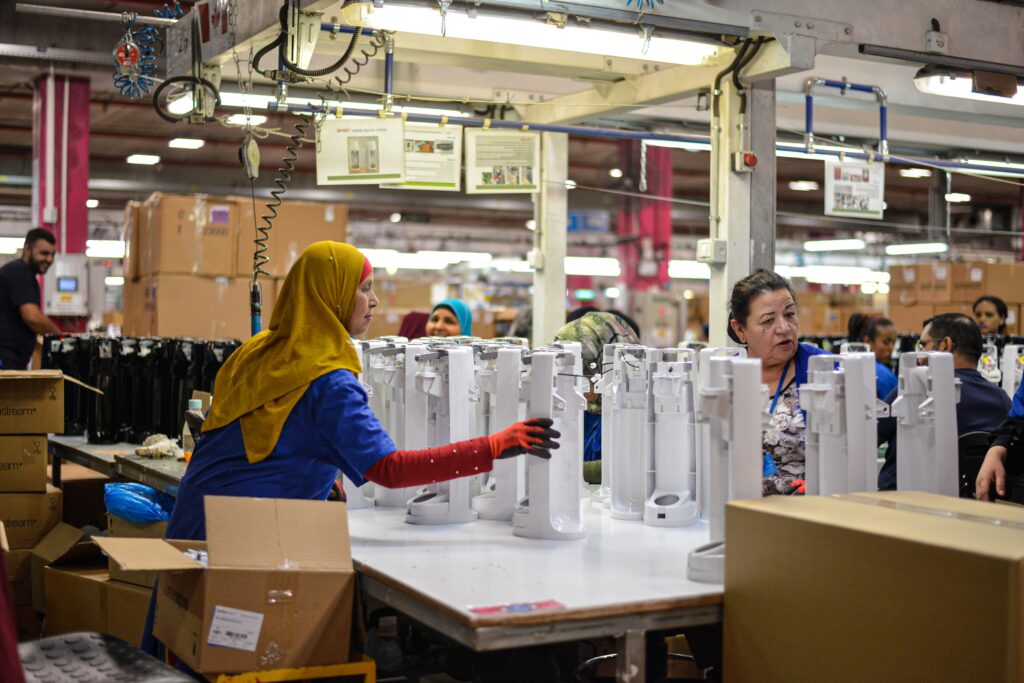Sustainable Safeguarding: Calling for a Respect-Focused Approach to CSR
COVID-19 is testing corporate commitment to social responsibility. While major e-commerce and software companies have turned enormous global profits, making massive donations and supporting COVID-19 relief efforts, mid- and large-sized corporates are facing harsh cost-cutting realities just to keep core business practices afloat. In some cases, this means marginalizing CSR initiatives as companies face a global decline in consumer behaviour. Across the Greater Mekong Region’s sprawling supply chains, some of the hardest hit industries, including the garment and luxury goods sectors, provide employment for hundreds of thousands of supply chain workers. A shift in consumer behaviours leaves remaining consumers increasingly ethically conscious. Corporations must learn to strike a balance between profitability and ethical appeal to a dwindling and increasingly selective consumer base.
To do this, CSR teams are increasingly turning to frontier technologies (AI solutions, expert systems, machine learning), some of which were already being used in corporate CSR efforts. But CSR in general, particularly during the COVID-19 pandemic, demands more than quick fixes. Technological solutions will instead have to intervene along a web of COVID-19 induced financial, psychological, emotional, and personal pressures that are impacting employees at all rungs of the corporate ladder from upper management to supply chain workers. CSR teams are also being faced with mounting evidence that COVID-19 discriminates, in a way that many existing frontier technologies do not adequately acknowledge. Black and ethnic minority individuals are the most likely demographic to contract COVID-19, and comprise the majority of workers across global supply chains.
In short, significant changes in CSR are ahead, with frontier technologies perched at the fore in a) enabling more efficient and (hopefully) ethical business practices and b) supporting an increase in transparency between stakeholders across the global supply chain.

But key questions remain: Which stakeholders are responsible for safeguarding the public health and ethical behaviour of a corporation and its employees? Should frontier technology be integrated into existing systems to better address COVID-19’s changing and variable outcomes? And most critically, how can non-profits, research centres, and public sector stakeholders work better alongside corporates to ensure protection for a corporation’s most vulnerable workers?
Using CSR terminology, corporate safeguarding represents the next phase of the social compliance auditing solutions that we innovate at the United Nations University in Macau and the Mekong Club through our social auditing frontier technology product, Apprise Audit. We work on a data-driven, private, and empathetic modern slavery auditing tool for corporations to streamline social audits. But the recommendations that we make extend beyond the interview support and data analysis that our product offers. The core of our safeguarding approach with Apprise Audit is helping corporates understand the underlying factors that may spark conditions of forced labour across pre-departure, deployment, employment, return / onward migration.
Corporate safeguarding ensures that each company whose businesses or employees directly engage with vulnerable people must protect them from harm through upholding a moral ethics of care. With Apprise Audit, we insist that safeguarding as a concept also understands that conditions making workers vulnerable can change over time. We also point out that labour conditions exist along a spectrum, ranging from exploitative labour on one end to decent work at the other.
The idea of integrating corporate safeguarding’s holistic yet nimble approach into CSR seems easy to endorse yet may be difficult for businesses to implement. But we believe it is more than possible for corporates to allow for bureaucratic flexibility, frontier tech solutions, and empathy for supply chain workers through COVID-19 and beyond.
The approach is simple: Protect. Respect. Remedy. These three words comprise the UN Framework for Business and Human Rights put forth in 2010. According to this framework, states have the responsibility to induce regulatory controls that protect workers and corporations. Both states and corporations bear the responsibility of remedying problems as they arise. And perhaps most importantly, corporates should respect states, regulatory bodies and workers not just because they are obligated to under international human rights law, but because that is a standard of expected conduct — a bare minimum if you will — towards ensuring a corporation’s continued operations. With consumer purchasing decisions becoming increasingly informed by ethical concerns, and as workers bear immense mental and physical health strain, we call for CSR efforts to continue upholding tenants of safeguarding and respect. This is true now during COVID-19 conditions more than ever before.
Frontier technologies will play an increasingly integral role upholding both corporate safeguarding and respect for workers. But they are by no means “silver bullet” solutions. In reality, the complex social problems underlying tech solutions need to be part of a CSR team’s corporate safeguarding strategy. Businesses should therefore strive to use any means necessary, including technology, to protect and respect their workers. They should also work collaboratively across multiple stakeholders to remedy the vast web of interconnected problems these workers face as a result of the COVID-19 pandemic.
Thank you to our guest writers Sophie Zinser & Hannah Thinyane.

